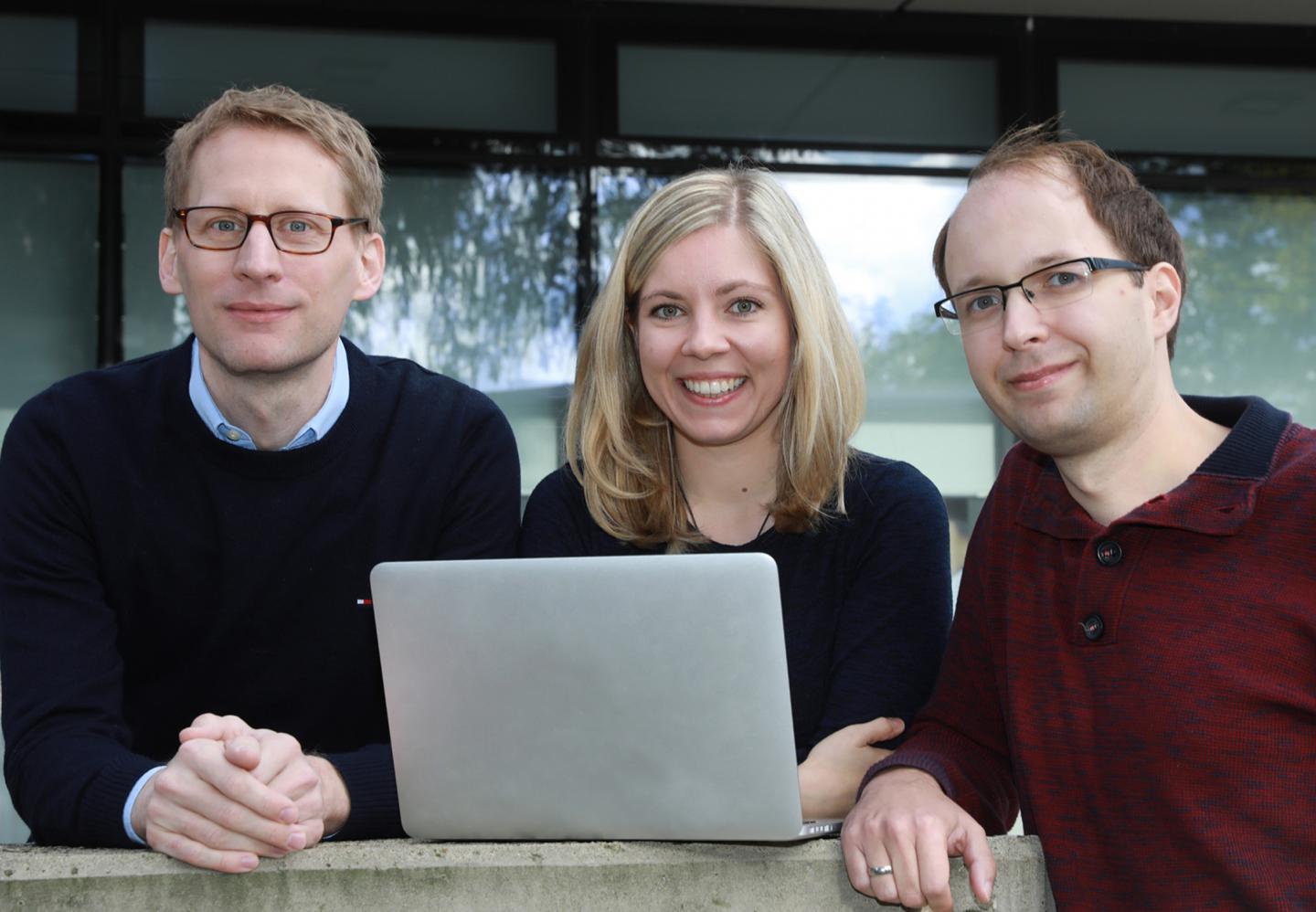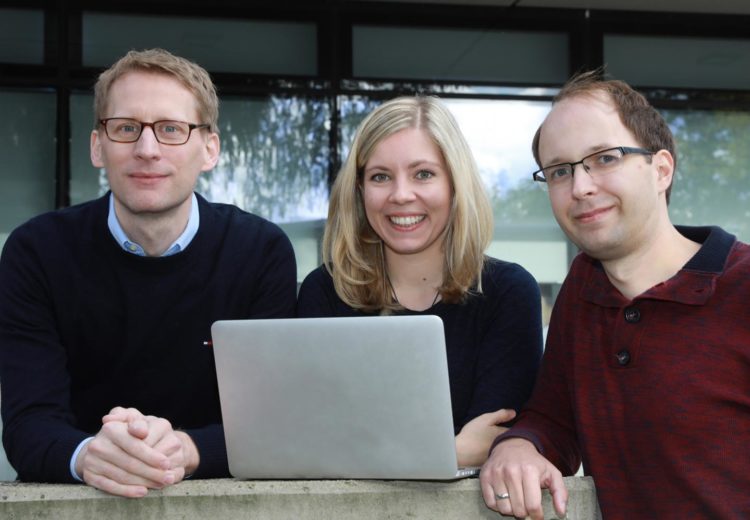
Credit: Cologne University Hospital/Dorothea Hensen
Following the dramatic Ebola epidemic in West Africa from 2013 to 2016, viral infections have spread in the Democratic Republic of Congo since 2018. Since then, more than 2,100 deaths have been reported and the number of victims and new infections increases daily. To contain the epidemic, the recombinant vaccine rVSV-ZEBOV is used. This vaccine combines attenuated vesicular stomatitis viruses (VSV) with the envelope protein of the Zaire Ebolavirus (ZEBOV).
Scientists led by Prof. Klein were able to show how the immune system reacts to the vaccination and how antibodies are generated against the Ebola virus. The investigations were carried out with the support of the German Center for Infection Research (DZIF) in close cooperation with researchers from the University of Marburg, the University Hospital Hamburg-Eppendorf, the Bernhard Nocht Institute for Tropical Medicine, the University Hospital Frankfurt, the University of Tübingen, and the Weizmann Institute for Science in Israel.
The researchers demonstrated that the vaccination induces a broad range of different antibodies against the Ebola virus and that different sites on the envelope protein of the virus are recognized. Many of the investigated antibodies also exhibit a highly neutralising activity, which is in general important to protect against infections. In fact, two of the isolated antibodies, 3T0331 and 4T0243, were able to neutralise Ebola viruses in cell culture more efficiently than other antibodies that are currently used for treating Ebola virus infection.
Furthermore, the scientists discovered that certain antibodies occurred in a very similar manner. Prof. Klein’s team, which includes the first authors of the paper, Stefanie Ehrhardt and Matthias Zehner, studied in detail the so called B lymphocytes, which are responsible for the development of antibodies. ‘We identified Ebola virus specific B cells in the blood and analysed those on a single cell level’, says Dr Zehner. ‘The similarity of certain antibodies amongst the vaccinated individuals is very impressive, since each person can produce an almost unlimited number of different antibodies. The detected antibodies are also similar to those found in Ebola survivors, which corroborates that the vaccine induces an antibody response similar to that of the actual infection’, explains Stefanie Ehrhardt.
Moreover, the researchers demonstrate that therapeutic antibodies can be effectively isolated from vaccinated individuals. ‘This is particularly important for cases of serious outbreaks in areas with poor infrastructure. If, for example, a vaccine study against the pathogen was carried out at an earlier time point, one could attempt to isolate specific antibodies directly from these individuals. Those antibodies can then be investigated to protect and treat the infection’, explains Prof. Klein.
###
Collaboration partners of the study:
- Hamburg-Eppendorf University Medical Centre, Germany
- Institute of Virology of the Philipps-University Marburg, Germany
- Weizmann Institute for Science in Rehovot, Israel
- Bernhard Nocht Institute for Tropical Medicine, Germany
- University Hospital Frankfurt, Germany
- University of Tübingen, Germany
- German Center for Infection Research (DZIF)
Media Contact
Florian Klein
[email protected]
Original Source
https:/
Related Journal Article
http://dx.





